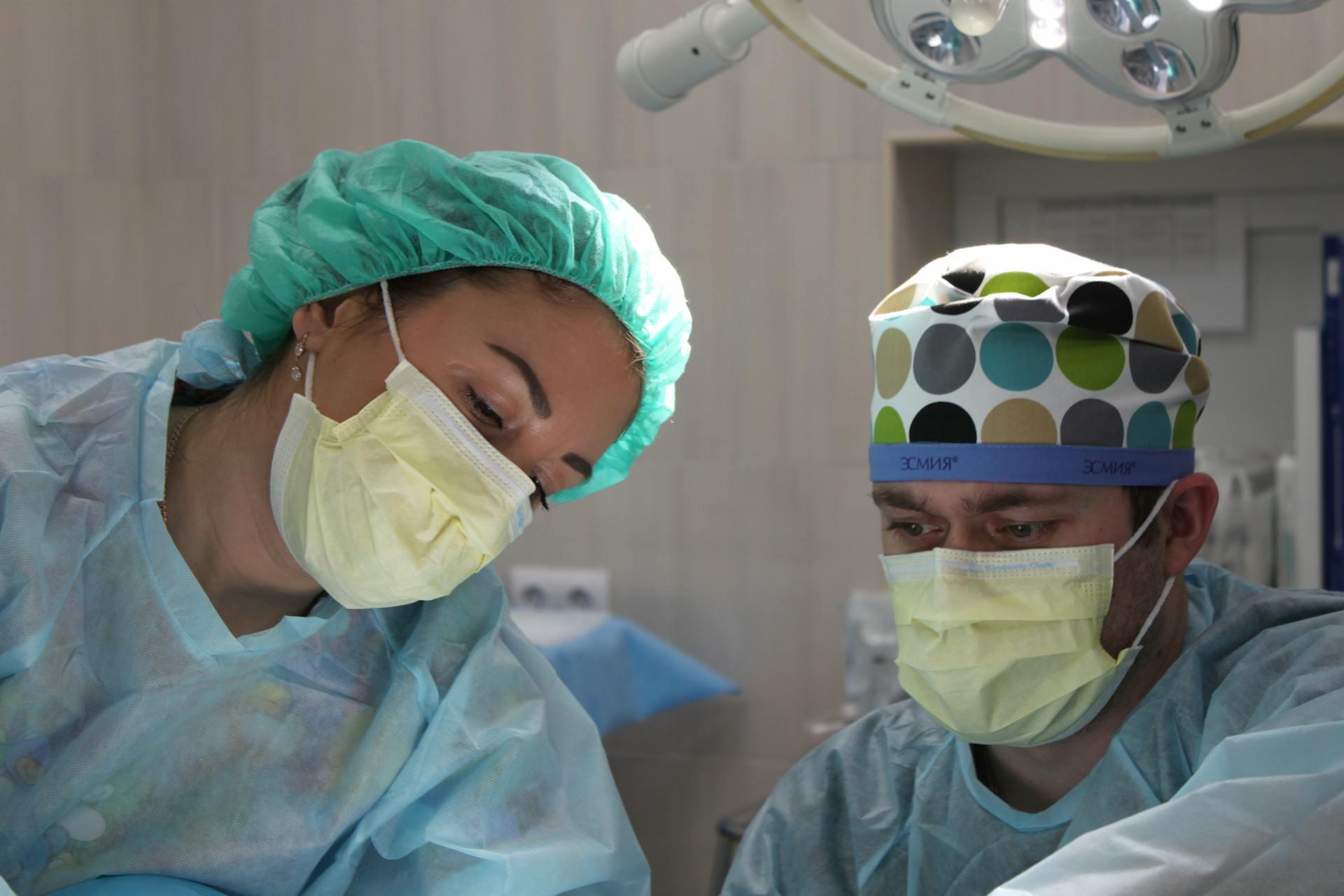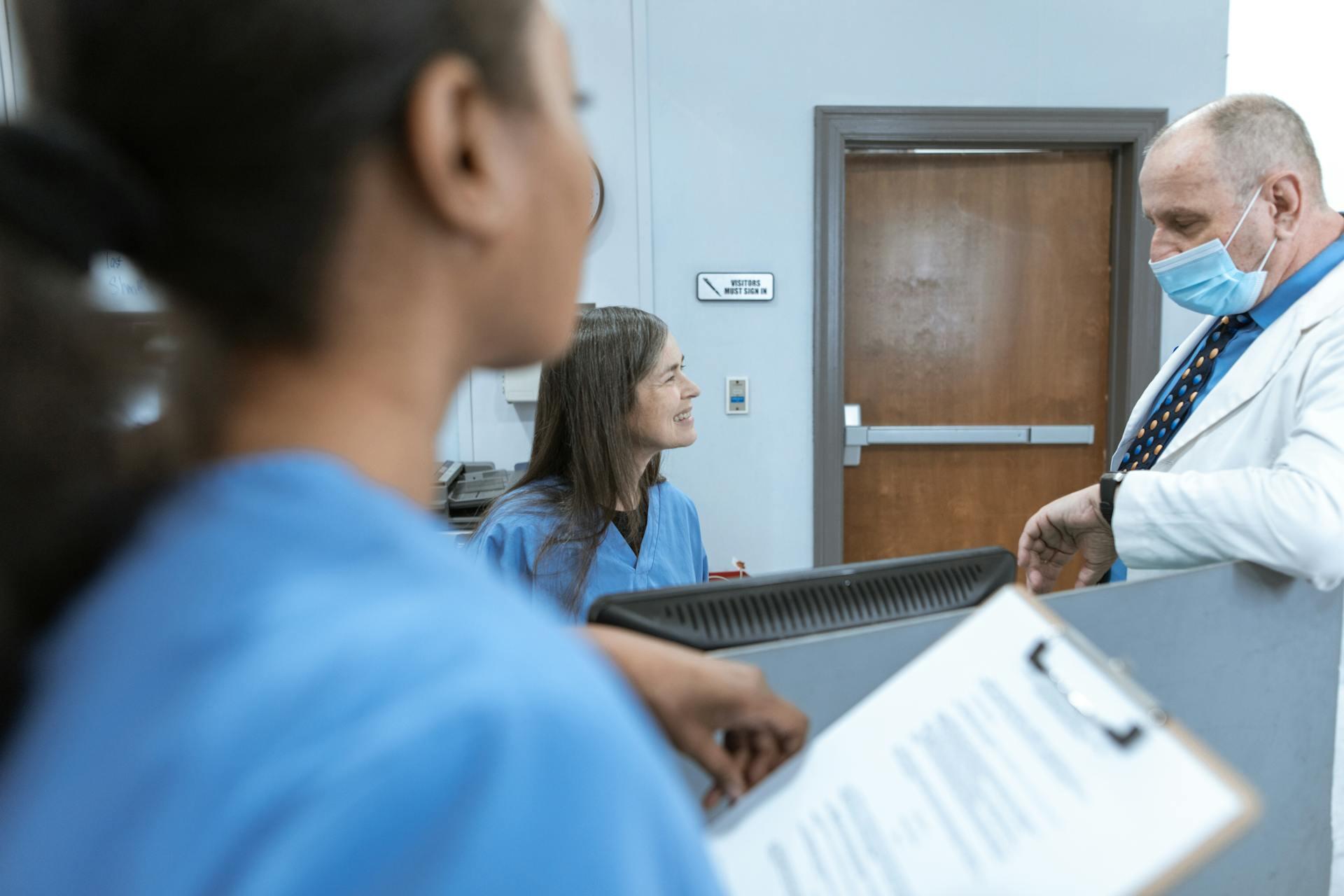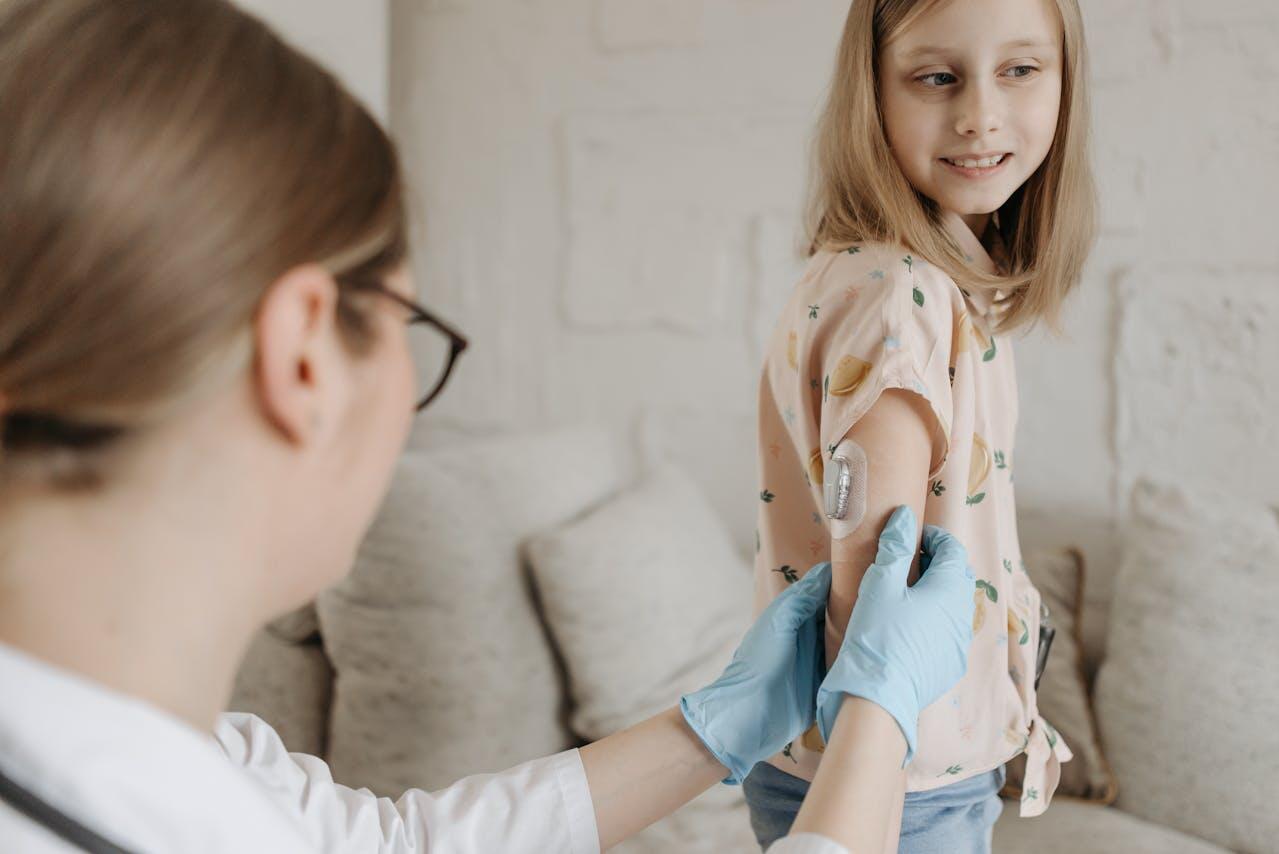What exactly is a nursing associate, and how do they make the leap to becoming fully registered nurses in the UK? If you're presently working in healthcare and feel like stepping a more advanced and potentially better-paying role, the nursing associate pathway could be your ticket to becoming a registered nurse, without having to start from scratch. This role was specifically designed to bridge the gap between healthcare support workers and fully qualified nurses.
As a nursing associate, you'll get proper hands-on experience, clinical training, and NMC registration. You'll also work directly with patients, take on a whole host of responsibilities, and become an essential part of the care team. In this guide, you'll learn all you need to know about how this pathway works and what it takes to make the transition from nursing associate to registered nurse. Keep reading below if you're interested to find out more.
| Stage | What You'll Do | Where it Leads |
|---|---|---|
| 1. Train as a Nursing Associate | Complete a 2 year foundation degree (often via a Nursing Associate Apprenticeship) while working in a care setting | Registration with the NMC as a Nursing Associate |
| Gain Experience in the Role | Work in a clinical environment to improve your confidence, skills, and understanding of patient care | Qualify for further training or internal promotion |
| Apply for Registered Nurse Top-Up Course | Join a shortened BSc Nursing course (usually 18 to 24 months) in your chosen field: Adult, Mental Health, Children's, or Learning Disability | Registration as a fully qualified Registered Nurse with the NMC |
| Explore Specialisms or More Advanced Roles | With experience and a full degree you can choose to move into Nurse Associate jobs or work towards becoming a Specialist nurse or Advanced Nurse Practitioner | Career development and better pay |

What Exactly is a Nursing Associate?

Simply put, a Nursing associate is an officially regulated part of the nursing team in England. As a nursing associate, you'll find yourself sitting somewhere between healthcare support workers and registered nurses - providing patient care, keeping an eye on health conditions, and working wherever you're needed the most. This could be anywhere from busy hospital wards, local GP surgeries, or out in the community. Health Education England is offering this role for two key reasons: to get more skilled and talented people into healthcare and to give people a realistic way into nursing that doesn't involve starting over completely.
While nursing associates aren't recognised across the entirety of the UK, they are fully regulated by the Nursing and Midwifery Council (NMC) in England and have protected status. Once qualified, you'll get a spot on the official NMC register, giving you extra credibility and allowing you to officially work as a registered professional in a variety of different healthcare settings
How Do You Become a Nursing Associate?
Becoming a nursing associate is a pretty straightforward affair, all in all. This is because it's designed to be accessible for those already working in health or care. The most common route people generally take is through a two-year, full-time apprenticeship program - known officially as the Nursing Associate Training Programme.
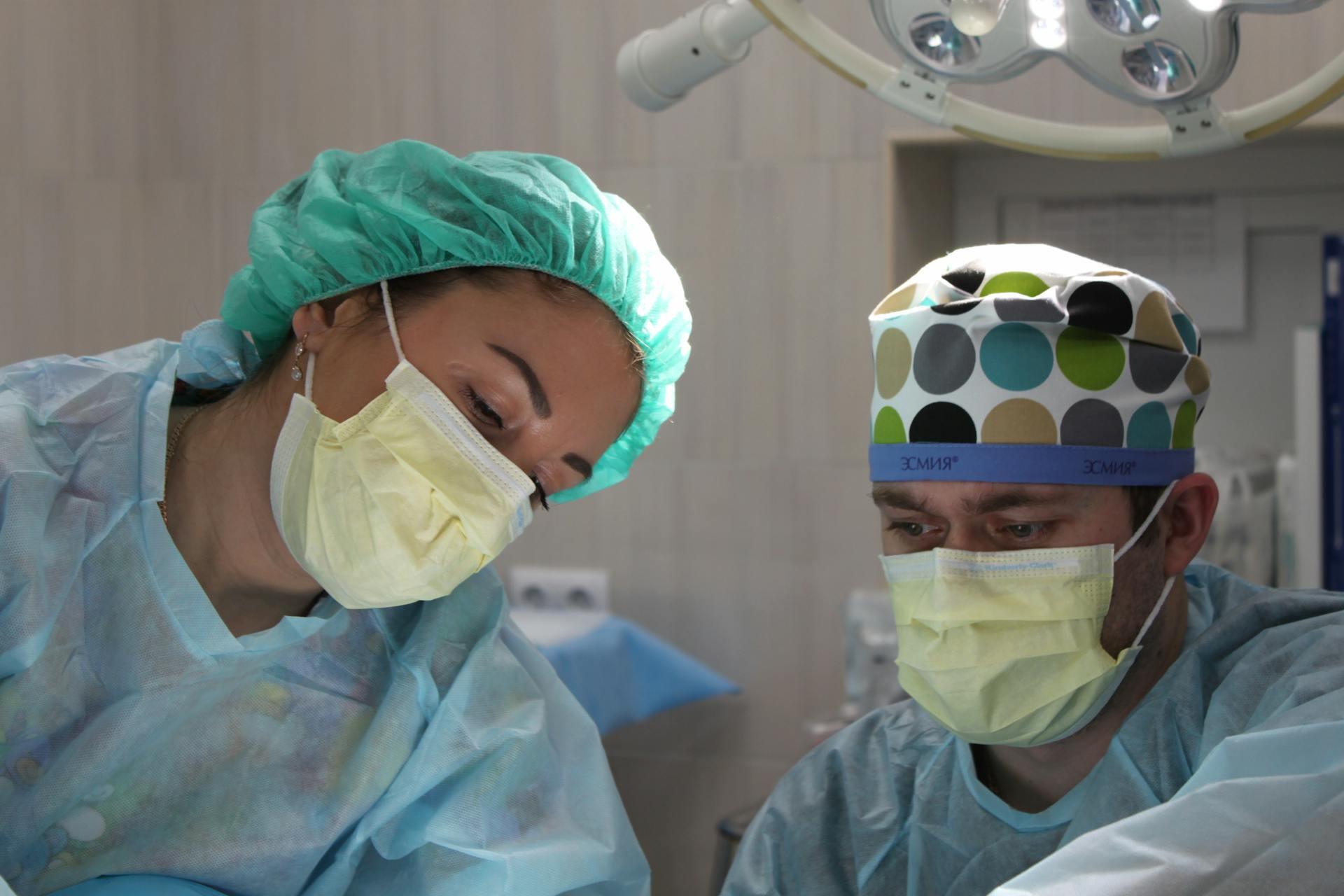
During this time, you'll be employed and attending university part-time while completing placements across multiple different settings. This is markedly different to the traditional nursing degree route, explained here. At the end of your training, you'll have earned a foundation degree (Level 5) and be able to register with the NMC, officially becoming a qualified nursing associate. Congratulations, you're now one step closer to become a registered nurse!
Key Facts About the Nursing Associate Training Programme
Entry Requirements
Before you start training, you'll also need to make sure you meet the minimum entry requirements listed below.
You must have:
- GCSE English and Maths at grade 4/C or above (or functional skills level 2 in both)
- Level 3 Qualification (this could be A Levels, BTEC, or any equivalent qualification)
You're more likely to be accepted if you also have:
- Some sort of prior experience in a health or social care role
- Good communication and interpersonal skills
- A strong desire to complete the two-year programme and a passion for health and care

What Responsibilities Come With Being a Nursing Associate?

Nursing associates are trusted with extra complex or difficult tasks compared to everyday healthcare assistants. While you'll always be under the close guidance of a registered nurse, you'll also need to use your own clinical judgement in your day-to-day work too.
Here's what some of your typical daily responsibilities might look like:
- Monitoring and recording patients vital signs such as temperature, pulse, and blood pressure
- Assisting with taking care of wounds, i.e washing them properly, dressing them, and other basic procedures
- Supporting patients with tasks like washing, getting dressed, and moving around the building
- Helping administer patient medication (with supervision and training, of course)
- Keeping accurate patient records and updating care plans
- Working side by side with any nurses, doctors, and other healthcare workers on site
- Communicating with patients and their families about care and well-being
Bear in mind that the exact scope of duties you'll be expected to perform will obviously vary quite a bit depending on where you're employed. For example, on a busy hospital ward you'll probably be helping with things like post-operative care, while in a GP surgery, you might be taking blood samples or preparing patients for a whole host of minor procedures instead.
The vast majority of nursing associates stay in paid employment while they train, usually either through an apprenticeship or a foundation degree linked to their workplace. That means you can potentially earn, learn, and grow your experience all at the same time
How To Move From Nursing Associate to Registered Nurse
Working as a nursing associate and wondering what comes next? The good news is that your current role puts you in a fantastic position to become a fully registered nurse. While the transition isn't automatic, it's fairly straightforward because there are two main easy-to-follow pathways available to you. Both options give you the choice to work towards becoming a fully qualified nurse in the field that interests you most - Adult, Child, Mental Health, or Learning Disabilities nursing.
For a full breakdown of routes into nursing, take a look at our nursing career progression guide.
| Feature | Top Up Nursing Degree | Registered Nurse Degree Apprenticeship (RNDA) |
|---|---|---|
| Best Suited To | Nursing Associates with a Level 5 Foundation Degree | Support Workers or DAs without a full Level 5 Qualification |
| Study Format | Part time university + placements | Employed full time + part time university |
| Length of Time | 18 to 24 months | Around 3 to 4 years |
| Cost | Tuition fees will apply (may be funded) | Fully funded, no fees to pay |
| Salary | May not be paid while studying | Paid employment throughout |
| Level 5 Foundation degree + NMC registration | Generally a faster path forwards for students who are already qualified | More flexible but slower to complete |
| Degree Awarded | BSc Nursing | BSc Nursing |
Option 1: Top Up Nursing Degree (Typically 18 to 24 months)
If you're searching for the most direct route into registered nursing, the top-up degree is probably the best fit. These programmes allow nursing associates already holding their level 5 foundation degree (must also be registered with the NMC) to enter directly into the second or final year of a BSc nursing degree.

The reason you can skip course content is because the work you've already done in your nursing associate program (in training and on the job) counts as recognised prior learning towards your nursing degree. Without this, you'd likely be repeating a lot of what you've already learned!
Top-up nursing degrees are usually delivered by accredited UK universities in partnership with NHS Trusts and local healthcare providers. While the format isn't strictly set in stone (it can vary a little depending on the institution you pick), the typical structure includes a combination of part-time study and supervised clinical placements. Bear in mind top-up degrees aren't free. However, you may be eligible for funding through the NHS learning support fund or employer sponsorship (check online for more info).
Option 2: Registered Nurse Degree Apprenticeship (Typically 3 to 4 years)
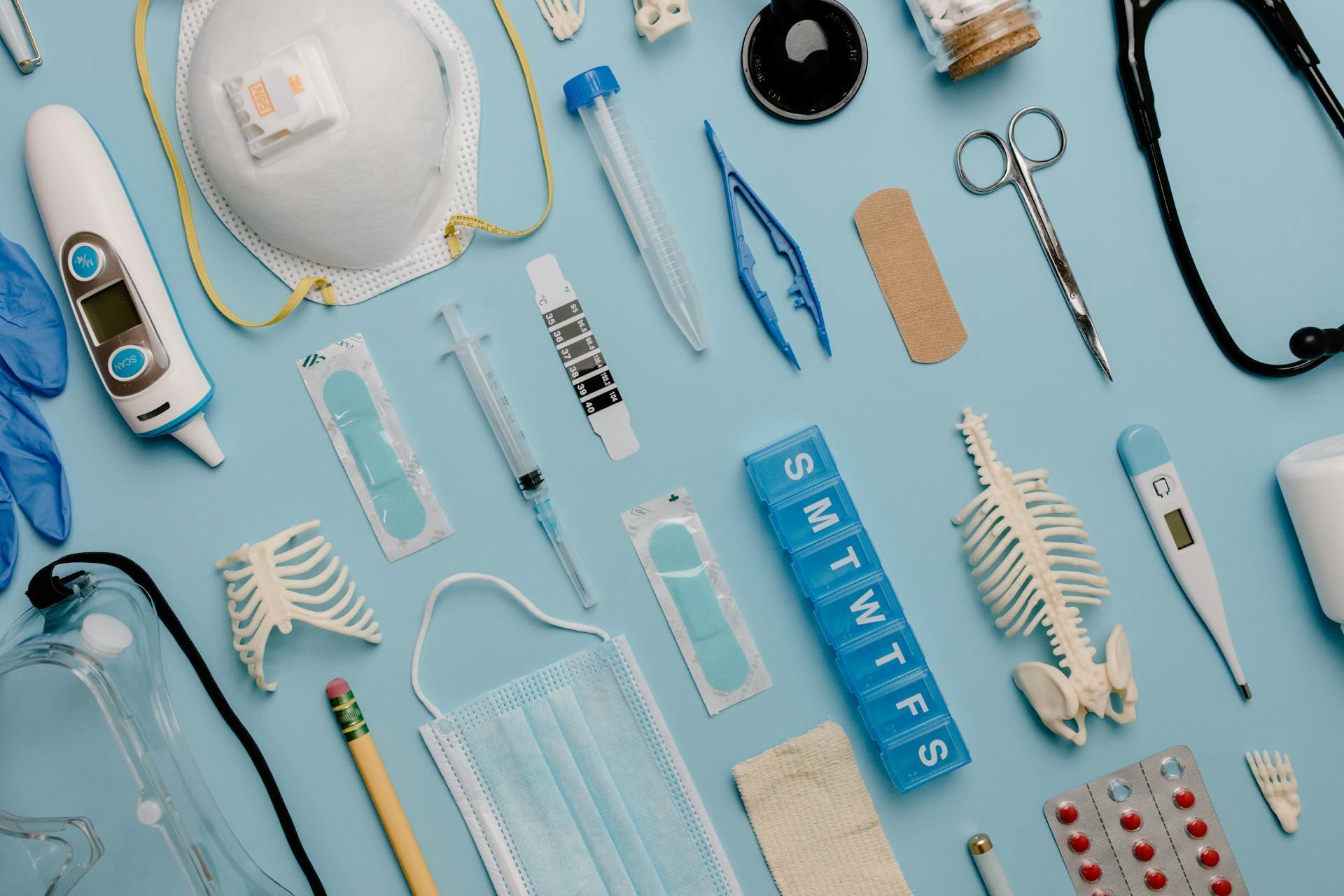
Want to stay in paid employment while training or don't have your nursing associate qualification? Then you'd definitely be better off taking the Registered Nurse Degree Apprenticeship route (RDNA) instead.
While the RDNA pathway takes a lot longer to complete than the top-up degree, it also comes with its own list of benefits, including no tuition fees, a regular salary, and the chance to apply everything you're learning in real time on the job. You'll also only be attending university on a part-time basis (often one day a week at the most).
You can easily apply for a top-up degree through UCAS or directly with any universities offering the programme. For apprenticeships, have a word with your current employer or check NHS jobs for RDNA opportunities in your area of the country
What Happens After You Qualify as a Registered Nurse?

You've completed your training, earned your place on the NMC register and stepped into one of the UK's most respected professions. Now what? Here's what your future could look like as a newly qualified registered nurse.
What Do Registered Nurses Actually Do?
Once you're fully qualified, your responsibilities shift from supporting care to actually being the person to run it. Registered nurses are accountable for patient safety, treatment plans, and various important day-to-day decisions. It's a massive step up from being a nursing associate, and the workload is often pretty high - no two shifts are ever the same, but there are core responsibilities you'll be expected to manage wherever you work.
Clinical Decision Making
- Assess Patients on arrival and throughout your shift
- Administer drugs safely, including controlled medications
- Track patients' vital signs and respond quickly to any deterioration
- Deliver end-of-life care
Leading your Team
- Run handovers and keep care teams up to date
- Supervise healthcare assistants and student nurses
- Update families on treatment plans or changes in condition
- Make discharge or escalation decisions alongside senior teams
Safety/Accountability
- Write clear and accurate notes in line with NMC standards
- Log incidents or errors
- Stay current with any mandatory training
- Take full responsibility for any and all decisions you make on shift
Starting Out: Your First Year as a Registered Nurse
Don't worry, when you first become a registered nurse, you won't be immediately thrown into the deep end. Luckily, most NHS trusts and healthcare providers offer something called a preceptorship programme to help newly qualified nurses settle into the role better.
If you're entering the profession from abroad, it's ALSO worth reviewing how international nursing qualifications can be recognised or adapted for practice in the UK.
Simply put, a preceptorship is a period of support that lasts around six to twelve months. During this time, you'll be joined by an experienced nurse who will guide you through the transition. By the end of the first year, you should begin to feel more confident and ready to work by yourself
Summarise with AI:

